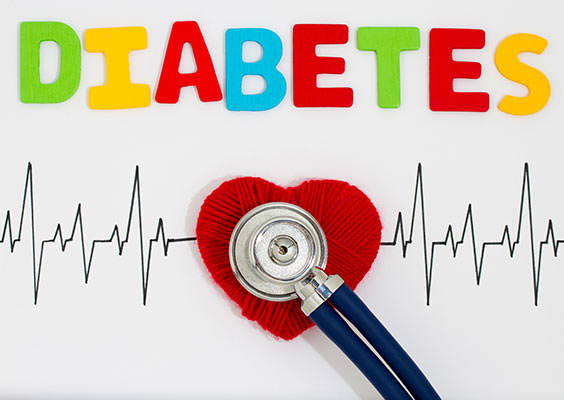If you’ve been diagnosed with diabetes, mainstream medicine treats you as if you have an incurable disease. It’s like they’re saying, “Now you’re a diabetic… that’s who you are… and that’s who you’ll always be.”
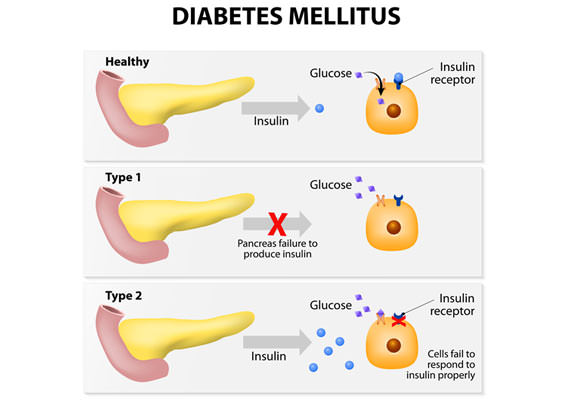
diabetes mellitus
This approach is dead-wrong.
How does diabetes develop?
Adult diabetes is not something wrong with you. It’s not that you were born cursed to develop it. It develops because of lifestyle choices and environmental factors. And it CAN be reversed.
And here’s something you probably don’t know: Mainstream medicine’s attitude that diabetes isn’t curable is actually making your health worse. Because it leaves you feeling hopeless and causes you stress.
What causes diabetes?
Stress leads to inflammation. And inflammation leads to chronic diseases — like diabetes.
Not only does stress cause your glucose levels to rise, a recent study has uncovered a distinct biological pathway between stress and diabetes.1 And it all starts in the part of your brain that regulates inhibition, or attention control.
Researchers found that people who have poor attention control also have higher anxiety. And when your anxiety increases, your body produces pro-inflammatory cytokines. One of them is called interleukin-6 (IL-6).
Diabetes and stress
IL-6 is a biomarker of acute and chronic stress. It’s also been associated with higher blood glucose levels and diabetes.
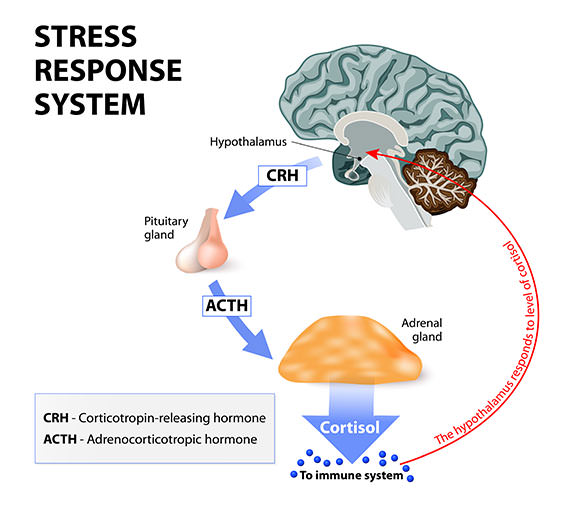
Reading through the study, I was encouraged that its authors suggested both mindfulness therapy and cognitive behavioral therapy to address patients’ stress. I thought to myself: “That’s a good start… maybe they’re finally getting it!”
But the very next line read: “That doesn’t mean that medicines that promote inhibition, such as stimulants, shouldn’t be considered…”
It’s Big Pharma to the rescue! Of course!
Stimulant drugs are what they prescribe to kids — and sometimes adults — with ADHD. Adderall… Ritalin… Vyvanse… Concerta…
Side Effects of Stimulant Drugs
Not only can they have serious side effects, they’re highly addictive. Some of the side effects include:
- Increased heart rate, blood pressure and body temperature
- Insomnia
- Erratic and/or violent behavior
- Hallucinations
- Psychosis
They’re also totally unnecessary. At my clinic, I tackle stress and anxiety head-on. But I do it in a safe and natural way.
How does therapy help relieve anxiety?
I DO agree that mindfulness therapy is a great option. It’s a form of meditation. The practice is so useful at squashing anxiety that even the U.S. Marines and Special Forces use it!
One study looked at 30 Marines getting ready to deploy to Iraq. The Marines were split into two groups. One group practiced mindful meditation. The other group did nothing. The group that meditated scored much better on tests that assessed their stress and anxiety levels.
Meditate and Breathe

You can do this at home. Just sit somewhere comfortable and quiet with your eyes closed for 10-15 minutes every day. Keep your back straight, your chin tucked in, and focus on your breathing.
Bali’s natural remedies for anxiety
Nature is also full of anxiety-busting remedies. I learned about some great new ones during my travels to Bali.
I wrote about them in my new book, Healing Herbs of Paradise. But I want to share a few with you right now.
- Butterfly pea. This beautiful plant has so many healing properties. Studies show that it reduces both anxiety and depression. One of those studies revealed that it’s “adaptogenic” at higher doses. That means it can help your body adapt to stress.
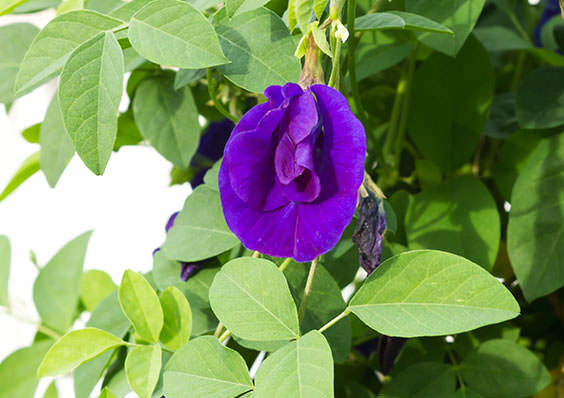
You can order dried butterfly pea flowers online. I like to add them to my salad. You can also grind them into a powder and mix the powder into a smoothie.
- Holy basil. The locals call it “tulsi.” So do the healers in India. The Balinese swear it’s excellent for reducing anxiety and depression. And animal studies back this up.2
- Put 3 heaping teaspoons of leaves in a quart of hot water. Fresh or dried leaves both work. You can get dried leaves at most health food stores or online.
- Let them decoct for about 5 minutes.
- Strain into a cup or glass. You can drink it warm, but I like it over ice.
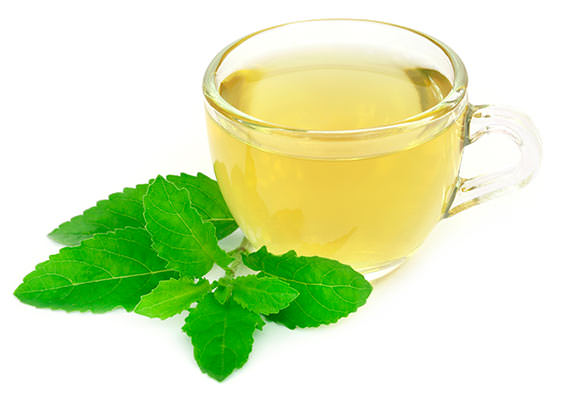
A great way to get the calming effect of holy basil is to make “tulsi tea.” Here’s how I do it:
- Ylang-ylang. Aromatherapy can help soothe anxiety. The people in Bali use ylang-ylang essential oil to calm nervousness, anxiety and stress. I’ve tried it myself, and I definitely felt more relaxed after breathing in the beautiful fragrance.
You can buy ylang-ylang essential oil online or at an Asian specialty store. Make sure it’s 100% pure, therapeutic grade oil.
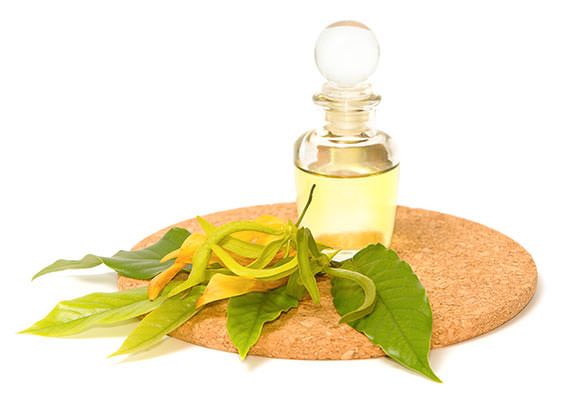
Try mixing a few drops into a teaspoon of honey and add it to your bath water. Then breathe in the soothing aroma as you soak in the warm water.
To Your Good Health,
![]()
Al Sears, MD, CNS
1. Williams M. “Rice study details stress-diabetes link,” Rice University (news.rice.edu). June 6, 2016
2. Cohen, Marc Maurice. “Tulsi – Ocimum sanctum: A herb for all reasons,” J Ayurveda Integr Med. 2014 Oct-Dec; 5(4):251-259.

